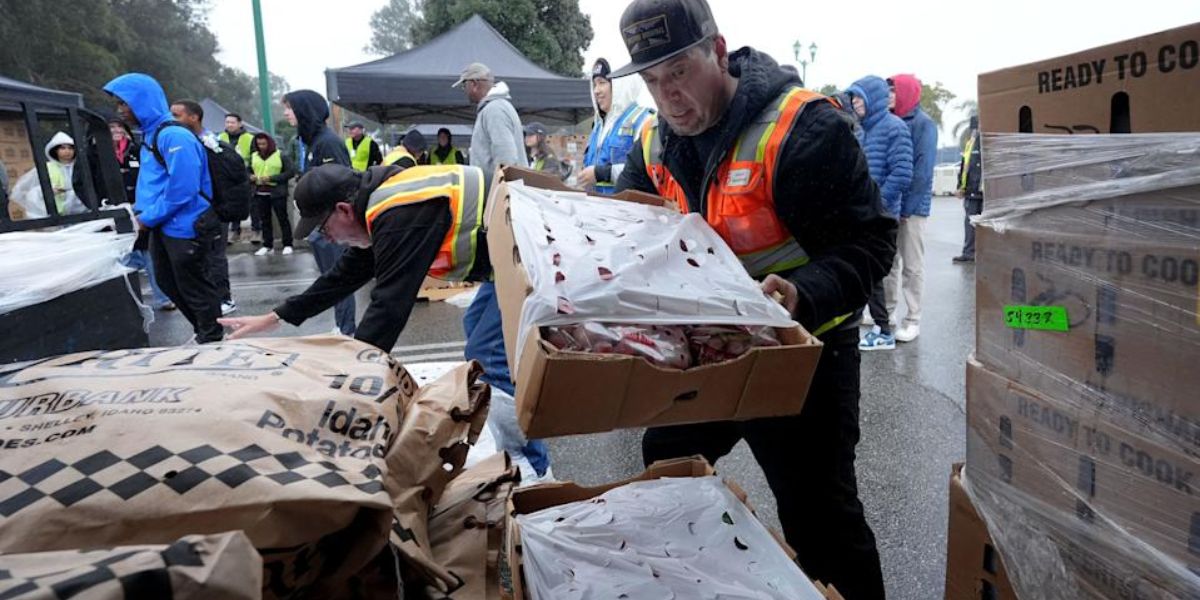In a tragic incident that has stunned the Los Angeles County community, 41-year-old sheriff’s deputy Jonathan Stewart passed away from a methamphetamine overdose on April 27 at a sheriff’s station, as reported by the Los Angeles County medical examiner. The medical examiner’s report concluded his death was accidental.
NBC Los Angeles initially broke the news in late April, revealing that Stewart had died while on duty at the sheriff’s South Los Angeles station. The circumstances surrounding his access to methamphetamine while at work have raised serious questions, although a sheriff’s representative was unavailable for immediate comment regarding specifics on Stewart’s death, prior concerns about his possible drug use, or the department’s drug testing policies.
The Los Angeles County Sheriff’s Department expressed profound sorrow over Stewart’s death in a statement issued on April 29. Stewart had been a part of the department since 2006, graduating from the academy the following year. Throughout his tenure, he served at various capacities, including the Inmate Reception Center, before being stationed at South Los Angeles in 2014. In 2020, he was promoted to Field Training Officer, a role he maintained until his untimely passing. Described as dedicated and highly respected by his peers and supervisors, Stewart dedicated over a decade to serving the South Los Angeles community. He leaves behind his wife and three children.
Also Read:
- Nathan Wade Responds to Criticism Over Fani Willis Case: ‘I Did My Job’
- Georgia’s Governor Meets with Korea’s President
As investigations continue into the circumstances surrounding Stewart’s overdose, authorities are likely to scrutinize existing protocols on substance use monitoring and workplace wellness initiatives within law enforcement agencies. The loss of Deputy Jonathan Stewart serves as a poignant reminder of the complexities inherent in maintaining the health and integrity of those entrusted with public safety duties.
This unfortunate event not only mourns the loss of a dedicated officer but also challenges law enforcement organizations nationwide to reevaluate their practices to ensure the well-being of their personnel and the communities they serve.




